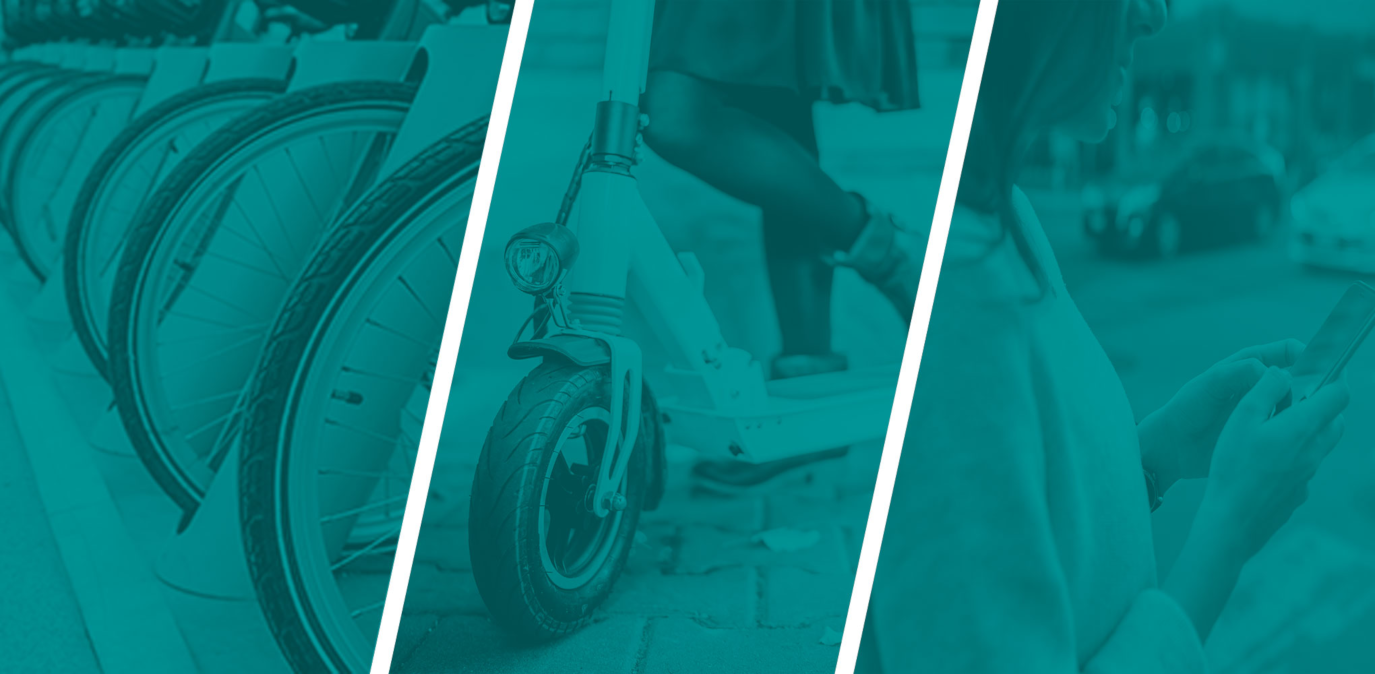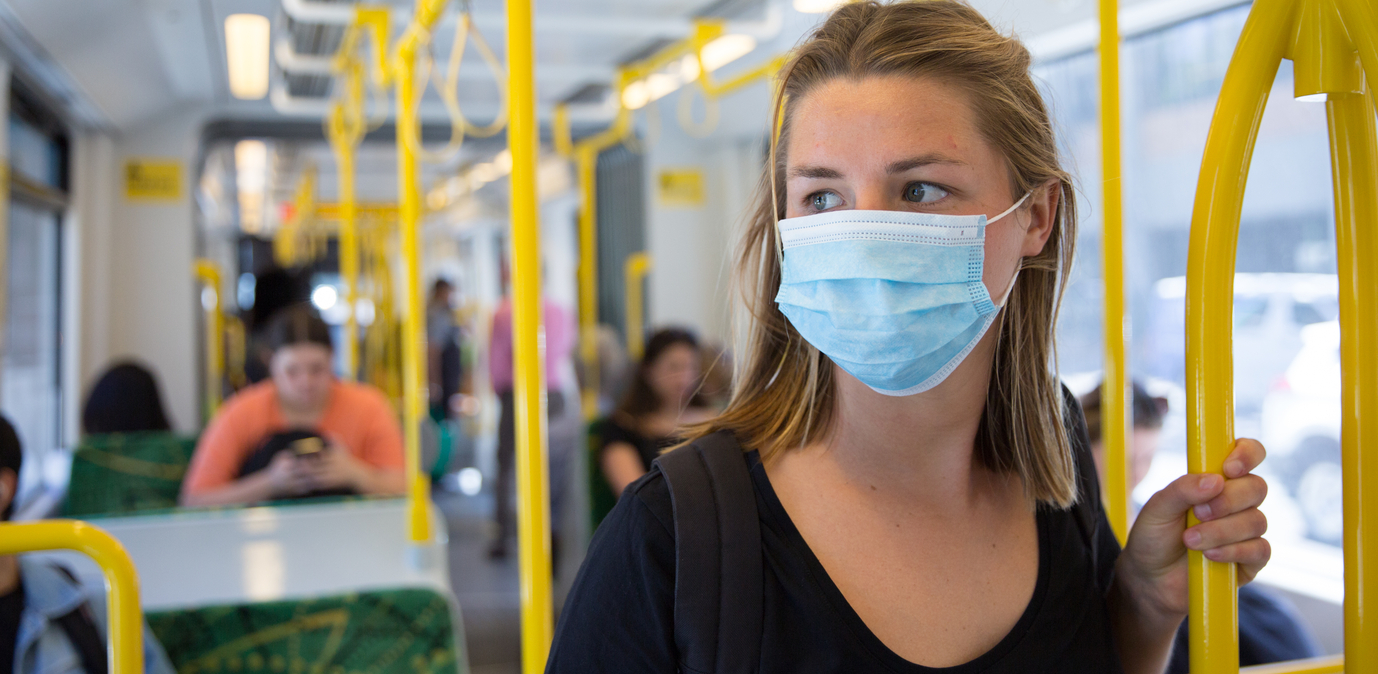Top 3 On Demand Mobility Stories in Europe - 2 August 2019
by Matthew Niblett on 02 Aug 2019
This week's top three: Paris e-scooter ordinance comes into force; German taxi drivers sue Uber; and Milan adopts new rules for e-scooters following national legalisation.
1. Paris e-scooter ordinance comes into force
Paris City Hall has published a municipal order which bans electric scooters from being parked on pavements and imposes taxes on electric scooter operators. Paris Mayor Anne Hidalgo announced the measures at the beginning of June, but they have only now entered into force. Making a shared scooter available on a public road will incur a fee of €60, and operators will be obliged to share a range of data with the city at regular intervals, including the number of scooters and their specific locations. The City plans to issue a call for tenders for e-scooter operators in order to reduce the overall number of companies to two or three. The pavement parking ban will be extended nationwide from September according to French Transport Minister Élisabeth Borne.
2. German taxi drivers sue Uber
A German taxi cooperative, Taxi Germany, has brought a lawsuit against Uber accusing the company of violating Germany’s Passenger Transport Law. According to Taxi Germany, Uber determines what fare passengers pay and collects payment, meaning that it should be classified as a transport company and be obliged to apply for the appropriate licence. Taxi Germany has also asked the court to determine whether Uber gives direct instructions to drivers, which it believes would be illegal. Uber denies the allegations, arguing that, since it works in Germany via private hire vehicle companies, it is merely a transport services brokerage platform. A regional court in Frankfurt is due to rule on the case, with a decision expected before the end of the year.
3. Milan adopts new rules for e-scooters following national legalisation
The Municipality of Milan issued new rules governing e-scooter use, following a decree on 27 July from national Transport Minister Danilo Toninelli which permitted micromobility vehicles, including e-scooters, to be used on public roads. In Milan, e-scooters can be ridden on pavements at up to 6 kmh, and up to 20kmh in cycle lanes and on roads with a 30kmh speed limit. Scooters will have to be fitted with speed limiters, and the city has called for "common sense" when parking them, urging riders to use existing bike parking infrastructure. Failure to comply with the rules will result in fines ranging from €26.99 to €99.
This is a weekly note covering the top three developments in the regulation of on-demand transport in Europe. It covers taxis, ride-sharing, car sharing, carpooling, bikes, e-bikes, scooters, shared mopeds and anything else that's relevant to the sector. We also produce weekly global round-ups of developments in particular sectors of the sharing economy and offer a free two-week trial.
If you'd like to receive the Top 3 Stories direct to your inbox then please enter your email address below:
Topics: Transport, Sharing economy, Collaborative economy, Sharing and on-demand transport, Top 3 Mobility Stories This Week, Mobility, Matthew Niblett






Comments